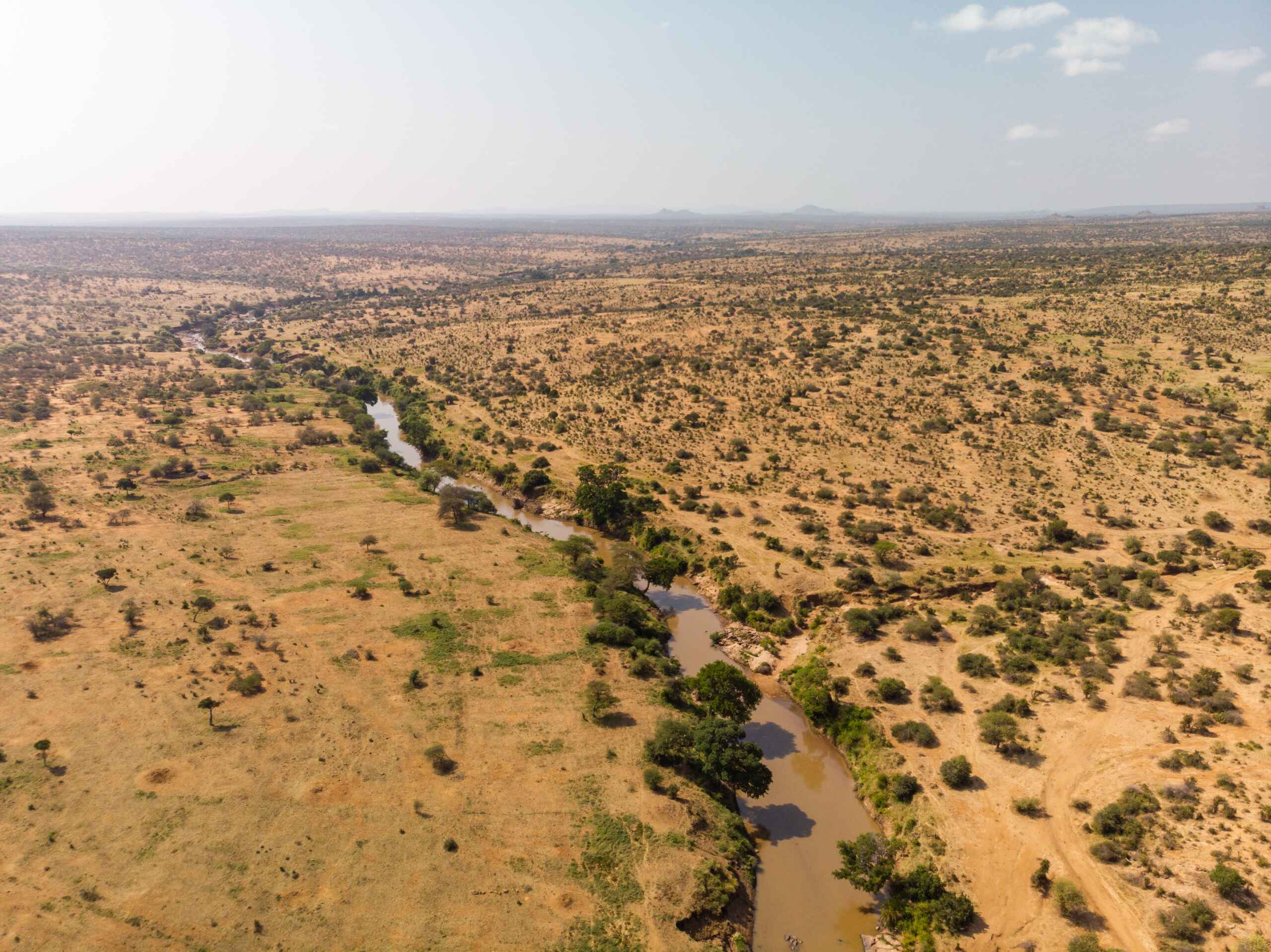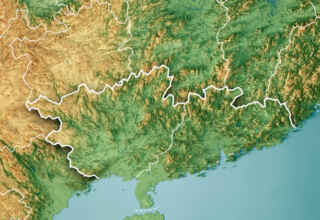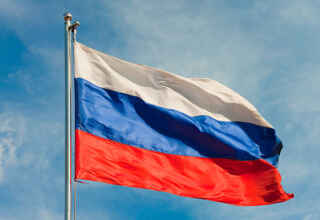
The withdrawal of French military from Niger, along with Mali and Burkina Faso, demonstrates how difficult life is for Sahelian countries. The departure occurred when the military assumed control of the region and the locals began to dislike France. The bad blood between France and the Sahel nations, along with more people preferring Russia, altered who had power in the region.
After ten years, the United Nations’ major mission in Mali (MINUSMA) ended. There are major concerns about how safe things will be in the future. Mali’s army rulers wanted the job done, even if it meant facing attacks from armed groups. This demonstrates shifts in alliances and maybe vacant power gaps.
The end of the UN mission in Mali indicated deeper shifts in regional alliances and power relations. As Sahelian states rebalance their connections with foreign players, worries regarding possible power gaps arise, as do implications for regional and global geopolitical agendas. However, it also provides a chance for Sahelian governments to rethink their approaches to conflict resolution and peacekeeping. How they negotiate this moment of transition will be critical in deciding the future trajectory of peace and stability in Mali and the Sahel area.
The withdrawal of French soldiers from Niger marks the end of more than a decade of engagement in West Africa’s Sahel region. This action follows political crises and army takeovers, with Niger’s military authorities requesting that international forces leave the country.AA
The absence of the forces has raised concerns about the impact on regional peace. The Sahel, which is already grappling with rebel violence and armed organizations, is also experiencing uncertainty as authority shifts. This might result in vacant areas, which could aggravate existing disputes.
The Sahel region has been an epicentre for rebel activity and the presence of numerous armed organizations, particularly those associated with extremist ideologies like Al-Qaeda and ISIS. The French military has played an important role in countering extremist organizations, assisting local administrations, and contributing to regional stability. The withdrawal raises fears about the potential return of such organizations, who might take advantage of the security gap left by the leaving military.
Mali has said unequivocally that Algeria is interfering in its own affairs by holding negotiations with rebel commanders. This type of disruption is viewed as a direct challenge to Mali’s authority over its domestic affairs. The diplomatic issue demonstrates how critical it is for other countries to remain out of conflicts within states
The withdrawal of Mali’s ambassador from Algeria raises diplomatic concerns in the region. The debate revolves around charges that Algeria is interfering in Mali’s personal affairs by speaking with rebel commanders. This injects diplomacy into the current security issues, casting doubt on the effectiveness of peace discussions.
The issues between Mali and Algeria raise serious concerns about how successfully aid negotiations operate in the Sahel. Outsiders, such as neighbouring nations, can only help resolve disputes if all parties get along and trust one other. The present debate makes it difficult to perceive Algeria as a fair assist, and the mechanism of settling disputes may need to be revisited.
The events in Niger and Mali reflect the changing dynamics of the Sahel region’s conflicts. The withdrawal of international forces, both French and UN, endangers stability and security. The void left by these withdrawals may strengthen armed organizations and worsen current tensions. The complicated interplay of geopolitical interests, military takeovers, and the impact of outsider parties like as Russia complicates the Sahel’s future.
The removal of foreign forces without a clear and comprehensive regional security and stability policy, in my opinion, raises worries about the possibility for increasing violence and more destabilization in the Sahel. The international community must constantly watch the situation and aggressively engage in diplomatic attempts to prevent it from developing further.
By The European Institute for International Law and International Relations
References
Al Jazeera. (2023, December 11). UN peacekeeping mission in Mali officially ends after 10 years. https://www.aljazeera.com/news/2023/12/11/un-peacekeeping-mission-in-mali-officially-ends-after-10-years
Al Jazeera. (2023, December 22). Last set of French troops exit Niger as Sahel sheds Parisian influence. https://www.aljazeera.com/news/2023/12/22/last-set-of-french-troops-exit-niger-as-sahel-sheds-parisian-influence
AP News. (2023, December 23). Mali recalls its envoy in Algeria after alleging interference, deepening tensions over peace efforts. AP News. https://apnews.com/article/mali-algeria-ambassador-recall-tuareg-c5a3c71db2d3f1df9dd94b094fb20494












